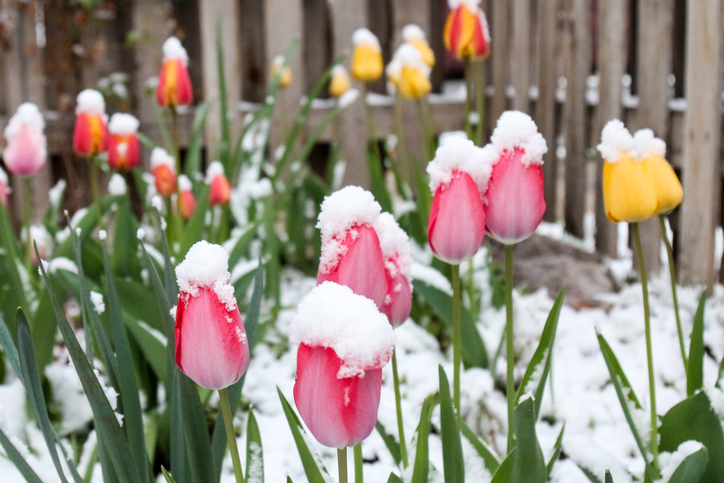brush
(noun, verb)
/brʌʃ/
 LISTEN
LISTEN


Most commonly, a brush is a tool or instrument used to style hair or to apply paint or makeup. As a verb, it is the act of using a brush (including a toothbrush). But brush can also mean ‘a brief experience with something unpleasant,’ or ‘a light and gentle touch.’ As a verb, it also means ‘to touch lightly.’
Example sentences
- Hannah used a small brush to paint the jewelry box.
- The kids brushed their teeth and got into bed.
- Mike had a brush with the law after stealing a magazine from a bookstore.
- The brush of grass against Julie's hands made her feel free.
- Sophie's fingers brushed John's hand and he blushed.
In pop culture
The brushes are the pair of drumsticks with wire components that make a soft, hissing sound, generally used in jazz music. Watch jazz drummer Ed Thigpen show you how they’re used:
Did you know?
Brush is part of many phrasal verbs and verbal expressions that native speakers use a lot in everyday language. For example, “brush something away” or “brush something aside” means ‘to ignore or disregard,’ and “brush someone off” or “give someone the brush off” means ‘to ignore or reject somebody in a rude way.’ If you need to review something for a geometry exam, you might brush up on your theorems.
Additional information
Brush has many other meanings, including ‘the big tail of a fox’ or ‘a thick growth of bushes or vegetation.’
Other forms
brushless (adjective)
Origin
Brush, meaning ‘an instrument of flexible material attached to a handle,’ dates back to the late 14th century, in the form of the Middle English brusshe, and originally meant ‘a dust-sweeper’ or ‘a brush for sweeping.’ It came into English from the Old French broisse and broice (a brush), and can be traced back to the Vulgar Latin bruscia (a bunch of branches or shoots used for sweeping dust), probably from a Germanic source, from the Proto-Germanic bruzcas (underbrush) and the Proto-Indo-European b(h)rews- (to swell or sprout). brush is related to the French brosse (brush), the Old High German brusk or brusc (bud, sprout or sapling), the Middle High German bürste (brush) and broz (a bud or shoot), the German Brüsch (broom or brushwood), the Norwegian brusk (thicket or scrub), the Walloon brouxhe (brush), and the English words bristle and breast. It has specifically been used to mean ‘an instrument for untangling hair or fur’ and as ‘an instrument for applying paint’ since the late 15th century. Brushes have been an instrument for playing drums since the 1920s. Brush, meaning ‘small shrubbery, thicket or undergrowth,’ dates back to the mid-14th century. It came into English from the Anglo-French bruce (brushwood), from the Old North French broche and the Old French broce (bush, thicket or undergrowth). It can be traced back to the Gallo-Roman brocia, which may be from the same source as the other meanings of brush. The verb, meaning ‘to clean or rub something with a brush,’ dates back to the late 15th century, and comes from the noun. The sense ‘to move or skim over with light contact’ first appeared in the mid-17th century, and ‘to move quickly past someone or something’ is from the late 17th century. The expression brush off (to rebuff or dismiss) first appeared in the 1940s, but to brush up is from around the year 1600, though back then it meant ‘to clean.’ The figurative sense ‘to refresh your knowledge of something’ was first used in the late 18th century.
Word of the Day is released Monday through Friday.


